Understanding Alzheimer's Disease: Early Signs
Early Memory Lapses
Memory lapses can be one of the first noticeable changes when cognitive decline begins. Minor forgetfulness might involve struggling to recall recent conversations or misplacing everyday items. What makes these instances concerning is when they happen more frequently and start affecting daily routines. For instance, repeatedly asking the same questions or forgetting important appointments could signal something more serious than typical age-related memory changes.
While everyone forgets things occasionally, persistent memory issues that disrupt normal activities deserve attention. When forgetfulness becomes a pattern rather than an occasional occurrence, it's wise to consult a medical professional for proper evaluation.
Changes in Language and Communication
Communication challenges often emerge as early indicators of cognitive changes. Someone might pause frequently during conversations, searching for the right word, or have trouble following discussions with multiple speakers. They may repeat stories or phrases without realizing it, which can frustrate both the individual and their conversation partners. These subtle shifts in communication patterns often appear before more obvious symptoms develop.
Difficulties with Problem-Solving and Reasoning
Tasks that once seemed simple may suddenly become confusing. Managing household finances, following recipe instructions, or making routine decisions might prove unexpectedly challenging. These changes in reasoning abilities typically start small but gradually affect various aspects of daily living. What makes this particularly concerning is when previously competent individuals struggle with familiar problem-solving tasks they've handled easily for years.
Changes in Personality and Behavior
Personality shifts can be among the most noticeable - yet frequently misunderstood - early indicators. A typically outgoing person might withdraw from social activities, or someone normally patient might become easily irritated. These behavioral changes often cause more distress for family members than memory issues do, as they fundamentally alter relationships. While mood changes can have many causes, persistent personality alterations warrant professional attention.
Disorientation and Loss of Spatial Awareness
Navigating familiar environments might become unexpectedly difficult. Someone could get temporarily disoriented in their neighborhood grocery store or have trouble judging distances when parking a car. These spatial challenges differ from simply forgetting directions occasionally; they represent a more fundamental confusion about one's surroundings that wasn't present before.
Difficulties with Performing Familiar Tasks
Routine activities that required little conscious thought may suddenly pose problems. This could range from forgetting how to operate household appliances to struggling with personal care routines. When someone can't complete tasks they've performed successfully for decades, it often indicates more than simple forgetfulness. These functional changes significantly impact independence and quality of life.
Memory Loss: A Distinguishing Feature
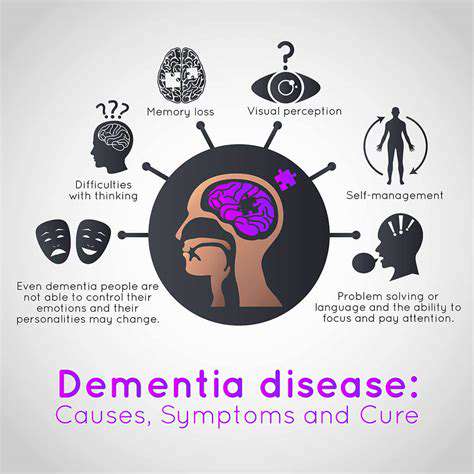
Understanding Memory Loss
Memory difficulties affect people differently, from occasional lapses to more significant impairment. The key distinction lies in how these changes affect daily functioning and whether they represent a decline from previous abilities. While some memory changes come with normal aging, others may indicate underlying health issues that warrant medical evaluation.
Tracking the frequency and severity of memory issues helps determine when professional assessment becomes necessary. Memory problems that progressively worsen or significantly impact daily life should never be ignored.
Causes of Memory Loss
Multiple factors can contribute to memory challenges. Temporary issues might stem from stress, sleep deprivation, or nutritional imbalances, while more persistent problems could indicate neurological conditions. Lifestyle factors like chronic stress and poor sleep quality can create memory difficulties that often improve with behavioral changes. However, progressive memory decline that doesn't respond to lifestyle adjustments may require medical investigation.
Various health conditions beyond dementia can affect memory, including thyroid disorders, vitamin deficiencies, and medication side effects. This complexity underscores the importance of comprehensive medical evaluation for persistent memory concerns.
Diagnostic Approaches
Evaluating memory issues typically involves multiple assessment methods. Medical professionals usually begin with detailed history-taking about symptom onset, progression, and impact on daily life. Cognitive testing helps identify specific areas of difficulty while ruling out other potential causes.
Modern diagnostic approaches often combine clinical evaluation with laboratory tests and sometimes brain imaging. This comprehensive approach helps distinguish between normal aging, reversible causes of memory problems, and more serious neurological conditions.
Managing Memory Loss
Treatment strategies vary depending on the underlying cause. For memory issues related to lifestyle factors, improving sleep patterns, reducing stress, and optimizing nutrition often yield significant improvements. Cognitive exercises and organizational strategies can help compensate for some memory difficulties.
When memory loss stems from progressive conditions, early intervention becomes crucial. Current treatment approaches combine medication, cognitive therapies, and lifestyle modifications to slow progression and maintain quality of life. Support systems play a vital role in helping individuals adapt to changing abilities.
Prevention Strategies
While not all memory decline can be prevented, research suggests several protective factors. Regular physical activity, mental stimulation, and social engagement all support cognitive health throughout life. A Mediterranean-style diet rich in antioxidants and omega-3 fatty acids shows particular promise for brain health.
Managing cardiovascular risk factors like hypertension and diabetes also benefits cognitive function. These preventive measures work best when implemented early and maintained consistently over time.
Early detection of health changes in pets mirrors the importance of recognizing early cognitive changes in humans. Subtle behavioral shifts often provide the earliest indications that something requires attention. Changes in eating patterns, activity levels, or bathroom habits can all signal health concerns needing veterinary evaluation. Regular observation helps identify these changes before they become more serious problems.
Beyond Memory: Other Cognitive Changes
Beyond the Loss of Memory: Executive Function Impairment
Cognitive changes in executive functioning often prove particularly disruptive to daily life. These higher-level thinking skills govern our ability to plan, organize, and complete tasks efficiently. When these abilities decline, managing medications, following recipes, or even dressing in appropriate clothing for the weather can become challenging. The gradual erosion of these skills often creates increasing dependence on caregivers over time.
Language and Communication Challenges
Language difficulties extend beyond simple word-finding problems. They may include trouble following rapid conversations, understanding humor or sarcasm, or expressing complex thoughts. As these challenges progress, social isolation often increases because communication becomes so frustrating. Caregivers can help by speaking slowly, using simple sentences, and allowing extra time for responses.
Changes in Visual-Spatial Abilities
Altered spatial perception creates unique safety concerns. Difficulty judging distances can make stairs dangerous, while problems with depth perception might cause spills or falls. These changes often necessitate home modifications like improved lighting, removal of tripping hazards, and clearly marked steps to prevent accidents.
Behavioral and Personality Changes
Personality alterations can be among the most distressing symptoms for families. Previously easy-going individuals might become suspicious or aggressive, while outgoing people may withdraw from social interaction. Understanding that these changes stem from neurological changes rather than intentional behavior helps caregivers respond with compassion. Behavioral strategies and sometimes medication can help manage these challenging symptoms.
Sensory and Perceptual Changes
Altered sensory perception adds another layer of complexity. Increased sensitivity to noise or touch might lead to agitation, while reduced perception could cause safety issues. Caregivers often need to adjust environments gradually, monitoring reactions to different stimuli to create comfortable surroundings.
When to Seek Professional Help: Crucial Steps

When Emotional Distress Becomes Unmanageable
Persistent emotional struggles that interfere with daily functioning signal the need for professional support. Mental health professionals can provide valuable coping strategies and treatment options. Seeking help early often prevents minor issues from developing into more serious conditions. Changes in sleep, appetite, or interest in usual activities all warrant attention when they persist beyond a few weeks.
Identifying Specific Warning Signs
Certain symptoms require immediate professional attention. Thoughts of self-harm, significant confusion, or radical personality changes all qualify as urgent concerns. Safety always comes first when evaluating whether symptoms require emergency intervention. Trusted friends or family members can often provide valuable perspective when someone struggles to recognize their own symptoms.
Understanding the Impact on Relationships and Responsibilities
When cognitive or emotional changes begin affecting work performance or personal relationships, professional guidance becomes essential. Early intervention can preserve important relationships and prevent professional consequences. Therapists can teach communication strategies that help maintain connections despite cognitive changes.
Recognizing the Importance of Early Intervention
Proactively addressing cognitive and emotional changes yields the best outcomes. Early diagnosis often allows for more treatment options and better long-term management. Viewing professional help as preventive healthcare rather than a last resort can significantly improve quality of life for individuals and their families.
Read more about Understanding Alzheimer's Disease: Early Signs
Hot Recommendations
-
*Guide to Managing Gout Through Diet
-
*Best Habits for Financial Well being
-
*How to Build a Routine for Better Mental Health
-
*How to Eat Healthy on a Budget [Tips & Meal Ideas]
-
*Guide to Practicing Self Acceptance
-
*How to Incorporate More Movement Into Your Day
-
*Guide to Managing Chronic Pain Naturally
-
*Guide to Building a Reading Habit for Well being
-
*Top 5 Weight Loss Supplements That Actually Work
-
*Best Exercises for Postpartum Recovery [Beyond Abdominal Work]
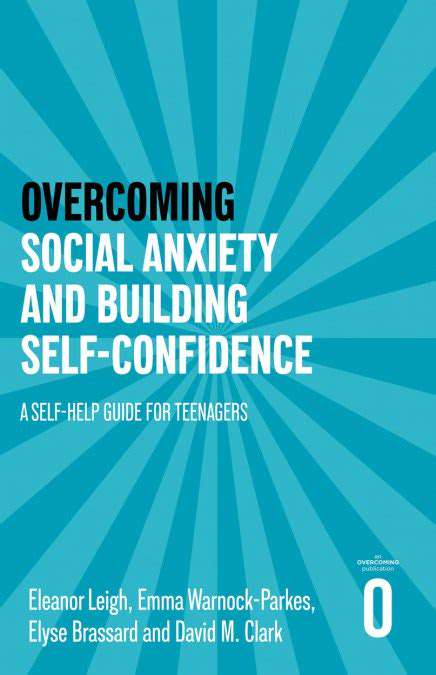


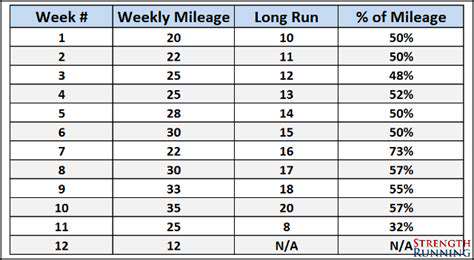
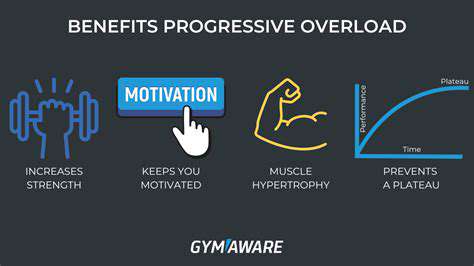
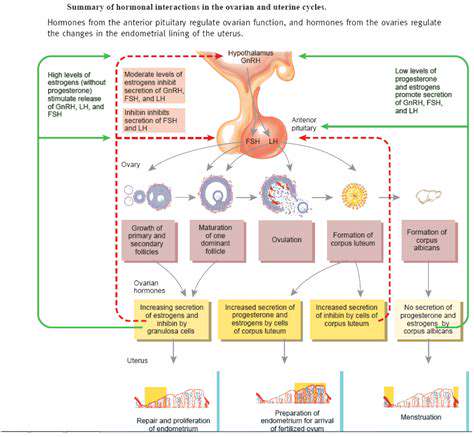



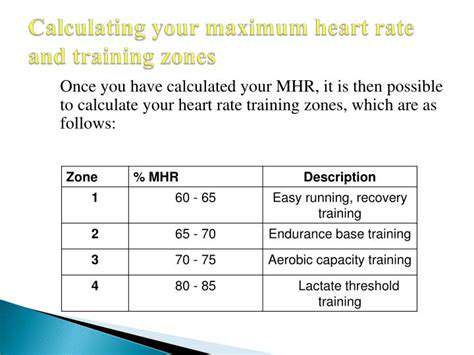
![Guide to Heart Health for Women [Unique Risks & Prevention]](/static/images/26/2025-05/BeyondtheBasics3AAddressingSpecificConcerns.jpg)
